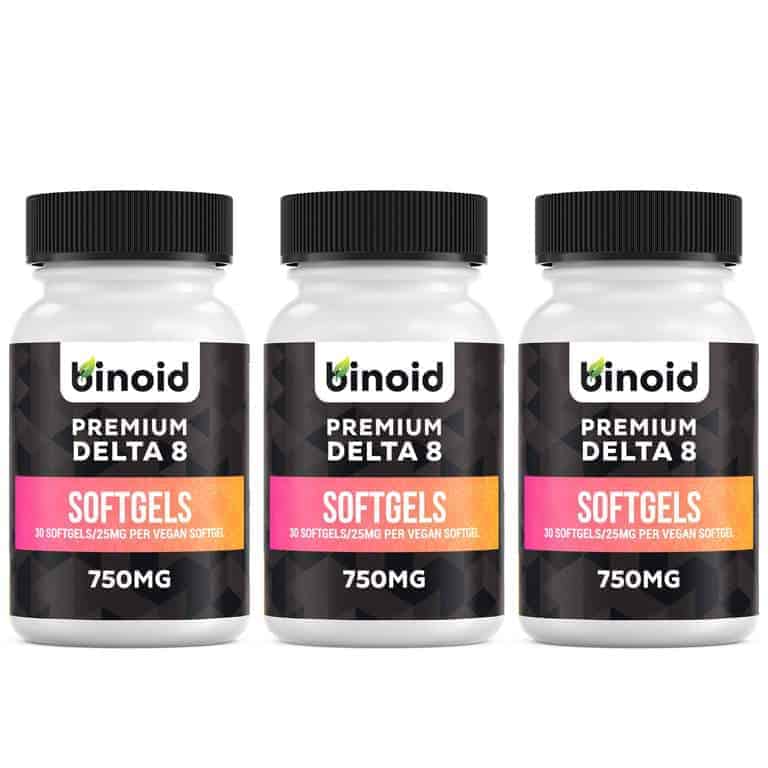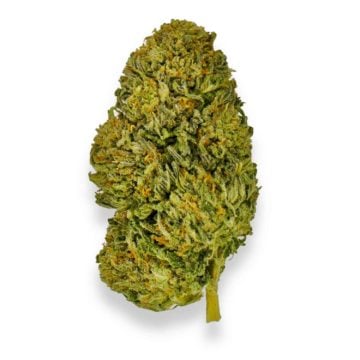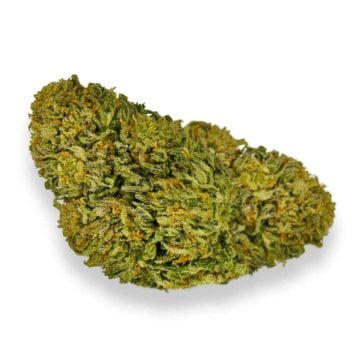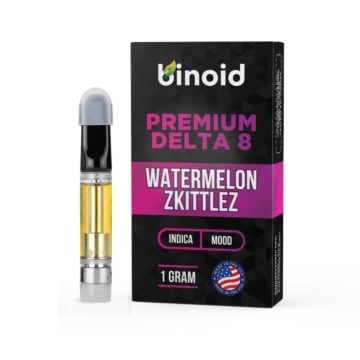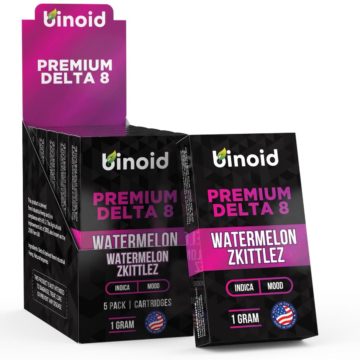
Is Medical-Only Weed Legal in Minnesota
- Understanding Minnesota’s Medical Cannabis Program
- Qualifying Medical Conditions
- Patient Registration and Certification Process
- Licensed Dispensaries
- Permitted Forms of Medical Cannabis
- Limitations on Medical Cannabis Possession and Use
- Caregiver Roles and Regulations
- Patient Privacy and Legal Protections
- Potential Future Changes and Developments
- Conclusion
In this article, we will explore the legal status of medical-only weed in Minnesota, delving into the specific regulations, requirements, and limitations associated with the state’s medical cannabis program. Whether you’re a patient seeking medical marijuana treatment or someone interested in understanding Minnesota’s approach to medical cannabis, this article aims to provide comprehensive insights into the topic.
This post is intended as information and for general knowledge only. It is not a substitute for medical advice, diagnosis, or treatment. It is recommended that you talk to a healthcare professional about this before introducing cannabinoids into your daily routine (especially if you have been diagnosed with any medical conditions or are under any medication). It is not recommended to drive or operate any machinery when using cannabis- or hemp-derived products. Use responsibly!
Understanding Minnesota’s Medical Cannabis Program
Overview of the Program
Minnesota’s journey into the realm of medical cannabis began when the state enacted its medical marijuana law. Spearheaded by Governor Tim Walz, the program aimed to provide relief to patients with debilitating medical conditions through the controlled use of medical cannabis. The Minnesota Department of Health took on the crucial role of administering and regulating the program, ensuring its safe implementation.
Legislative Background
The roots of Minnesota’s medical cannabis program can be traced back to significant legislative efforts. The state’s marijuana law emerged as a response to the growing demand for alternative treatments for various medical conditions. This historical context underscores the importance of establishing a comprehensive framework that caters to the needs of medical cannabis users while adhering to state law and federal guidelines.
Qualifying Medical Conditions
Approved Conditions
Minnesota’s medical cannabis program extends its benefits to patients grappling with an array of approved medical conditions. These include chronic pain, PTSD, cancer, and more. The inclusion of such diverse conditions reflects the program’s commitment to addressing a wide spectrum of medical needs.
Eligibility Criteria
To obtain a Minnesota medical marijuana card, patients must satisfy specific eligibility criteria. These criteria are rooted in medical documentation and diagnosis from qualified healthcare practitioners, ensuring that medical cannabis is reserved for individuals who genuinely require it for managing their conditions.
Patient Registration and Certification Process
Steps for Registration
The path to becoming a registered medical cannabis patient in Minnesota involves several steps. Patients must submit appropriate forms and documents, undergoing a meticulous registration process that aligns with the program’s standards. This systematic approach guarantees that only eligible individuals gain access to medical cannabis treatments.
Healthcare Practitioner’s Role
Healthcare practitioners play a pivotal role in certifying patients for medical cannabis treatment. By establishing a bona fide physician-patient relationship and adhering to rigorous certification procedures, practitioners ensure that medical cannabis is recommended only for those whose medical conditions warrant such treatment.
Licensed Dispensaries
Dispensary Overview
Licensed medical cannabis dispensaries in Minnesota are the gateways through which qualified patients access their prescribed treatments. These dispensaries, operated by specific authorized companies, serve as the crucial link between patients and the medical cannabis products that cater to their needs.
Geographical Distribution
Dispensary distribution across different regions of Minnesota is designed for accessibility, catering to both urban and rural areas. This strategic placement ensures that medical cannabis users have convenient access to their prescribed treatments, regardless of their location.
Available Products
Medical cannabis is available in various forms, including oils, pills, tinctures, and more. Each form offers distinct advantages and considerations, allowing patients to choose the option that best suits their preferences and medical conditions.
Permitted Forms of Medical Cannabis
Forms and Their Benefits
The diverse forms of medical cannabis cater to different patient needs. Oils provide discreet consumption options, while pills and tinctures offer precise dosing. This variety empowers patients to tailor their medical cannabis experience to their unique requirements.
Administration Methods
Patients can administer medical cannabis through various methods, such as oral ingestion and inhalation. Patients with specific medical conditions may benefit from one method over another, making the administration process a personalized aspect of their treatment.
Limitations on Medical Cannabis Possession and Use
Possession Limits

To ensure responsible use, Minnesota imposes possession limits on medical cannabis. These limits are designed to prevent misuse and diversion while ensuring that patients have a sufficient supply for their medical needs. Exceptions may apply for patients requiring higher quantities due to medical necessity.
Designated Consumption Areas
While medical cannabis use is permitted, consumption is restricted to designated areas to maintain public safety and prevent unwanted exposure. These restrictions strike a balance between providing patients with access to their treatments and safeguarding community spaces.
Caregiver Roles and Regulations
Caregiver Responsibilities
Caregivers play an essential role in assisting medical cannabis patients who may need support with purchasing, administering, and transporting their prescribed treatments. Their involvement ensures that patients receive the care they require to manage their medical conditions effectively.
Becoming a Caregiver
Individuals interested in becoming caregivers must meet specific requirements, including background checks and screening procedures. These measures help guarantee that caregivers are equipped to fulfill their responsibilities effectively and responsibly.
Patient Privacy and Legal Protections
Privacy of Patient Information
Protecting the privacy of medical cannabis patients is a priority in Minnesota’s program. Legal provisions ensure that patient information remains confidential, fostering a sense of security and trust within the medical cannabis community.
Anti-Discrimination Measures
Minnesota’s medical cannabis law includes anti-discrimination measures to shield patients from unfair treatment in areas like employment and housing. These protections underscore the state’s commitment to promoting equal rights and opportunities for all, regardless of medical cannabis use.
Potential Future Changes and Developments
Legislative Updates
The landscape of medical cannabis is dynamic, with ongoing legislative discussions that could potentially lead to program updates. Staying informed about these changes is essential for patients, healthcare practitioners, and advocates to adapt to evolving regulations.
Public Perception
As public attitudes toward medical cannabis continueto evolve, policymakers may consider adjustments to the program. These shifts in perception can influence the direction of medical cannabis policy and its impact on patients.
Conclusion
Key Takeaways
Reflecting on the information presented throughout this article, it becomes clear that Minnesota’s medical cannabis program is a carefully constructed framework. It aims to address the needs of patients while adhering to legal and regulatory standards.
Final Thoughts
The accessibility and effectiveness of Minnesota’s medical cannabis program stand as a testament to its commitment to improving the quality of life for those dealing with debilitating medical conditions. By remaining informed about program developments and advocating for responsible cannabis use, patients and advocates can contribute to its ongoing success.
